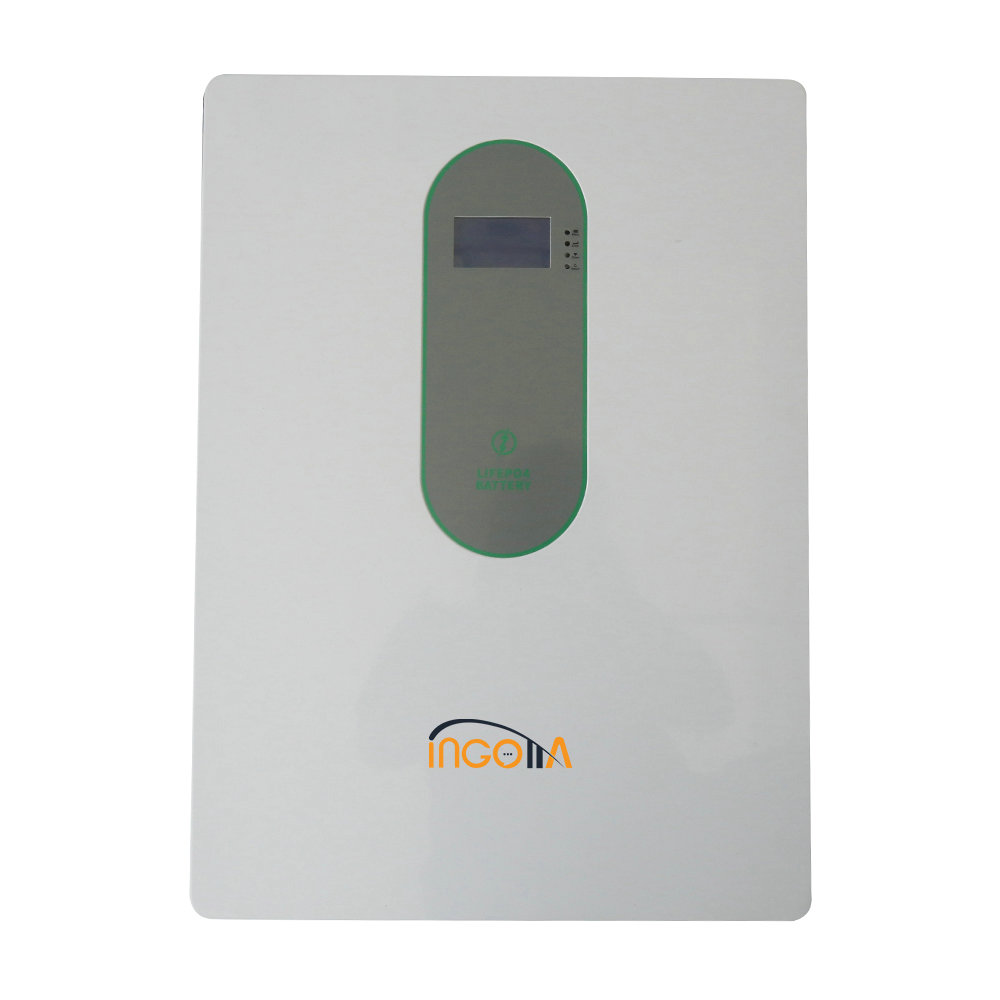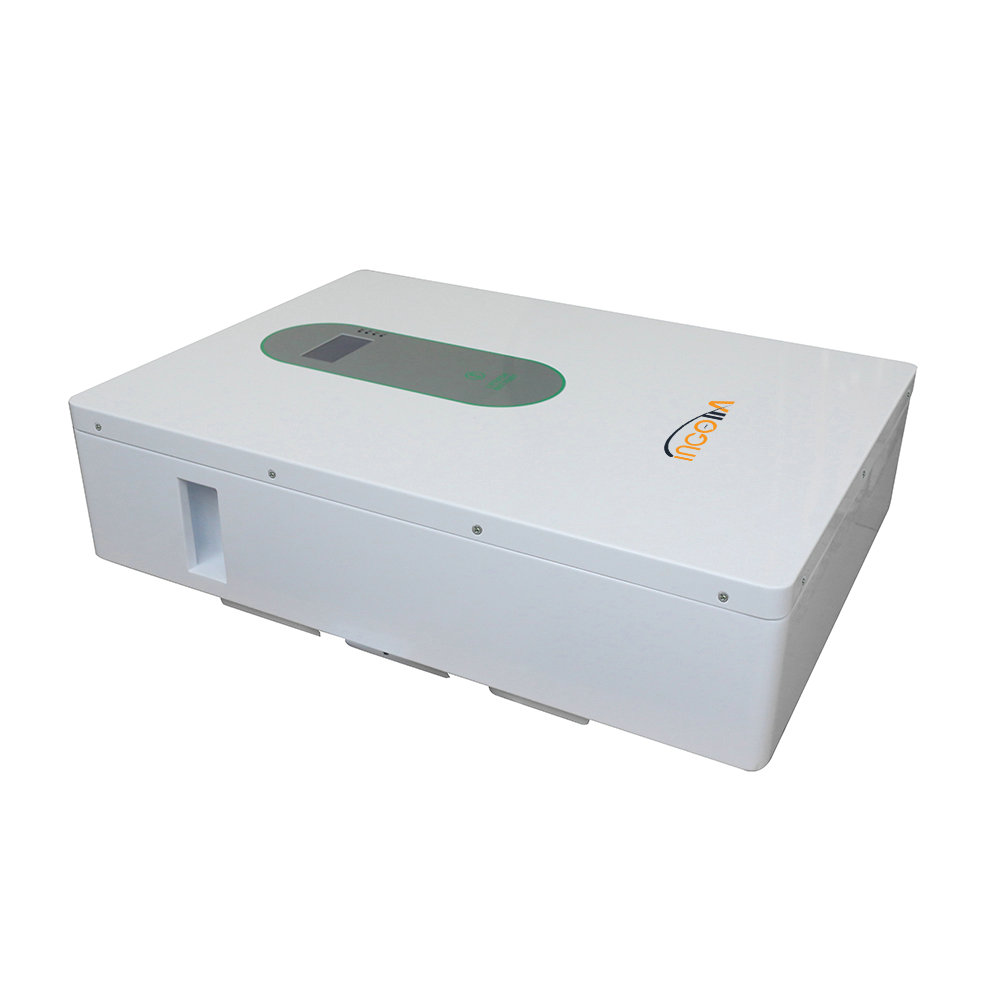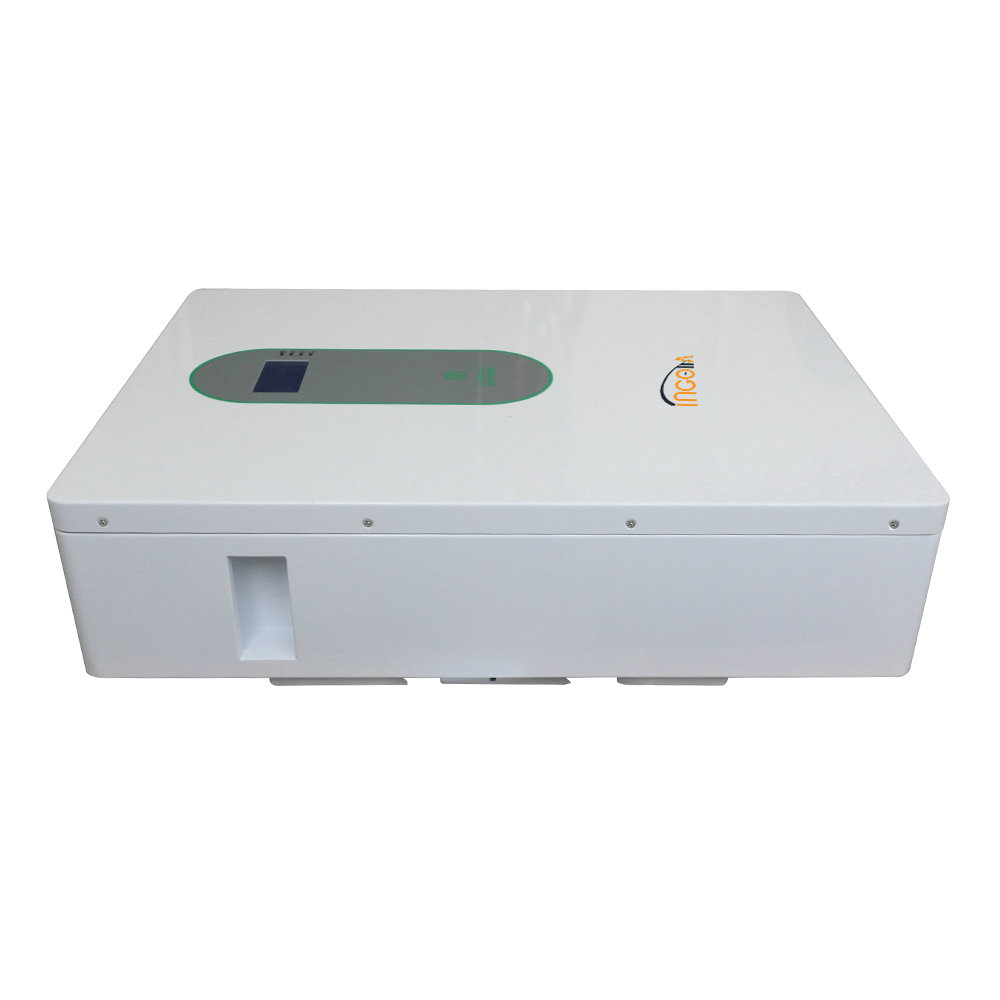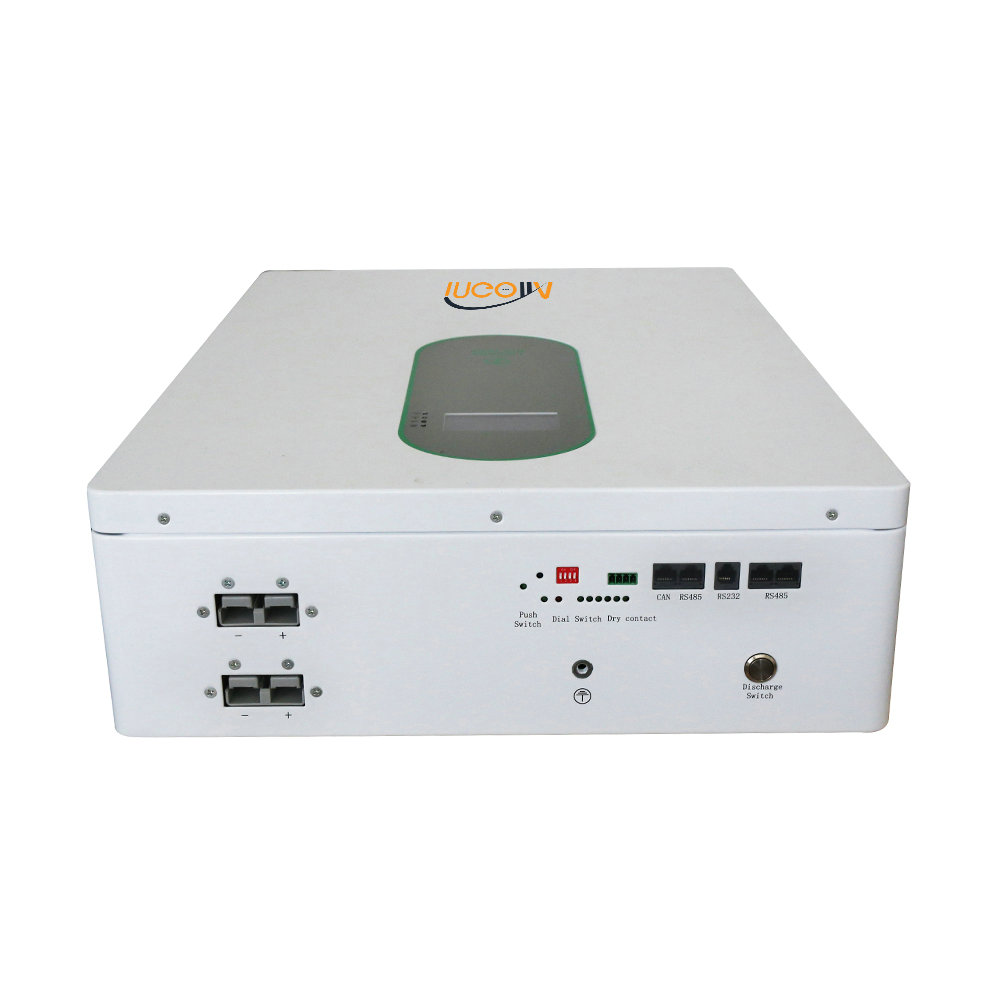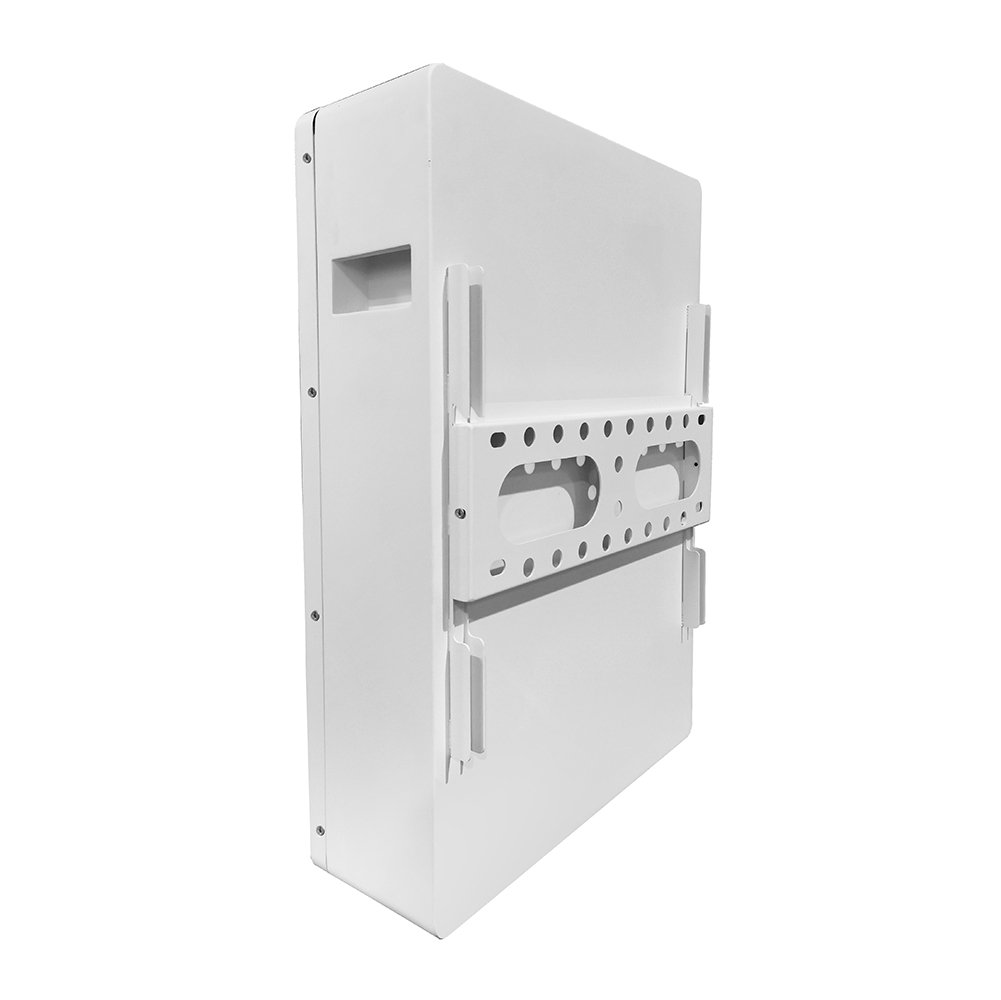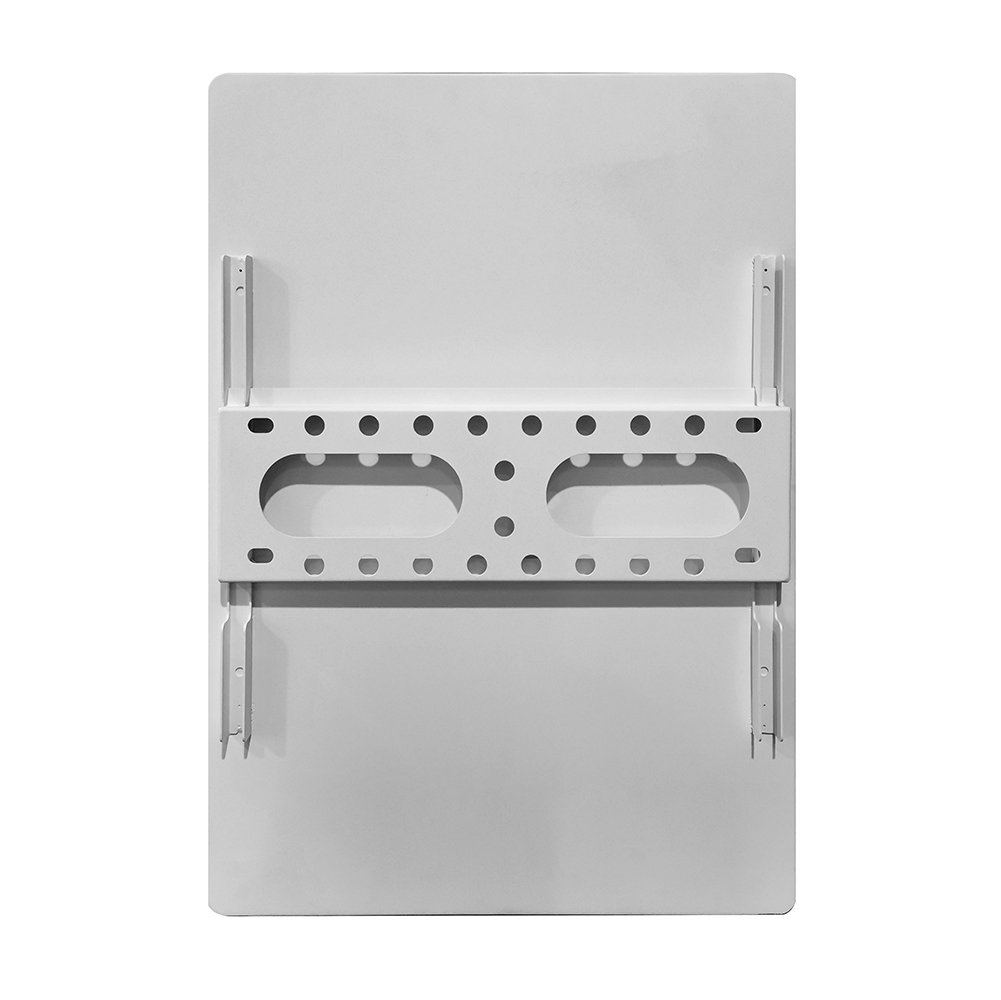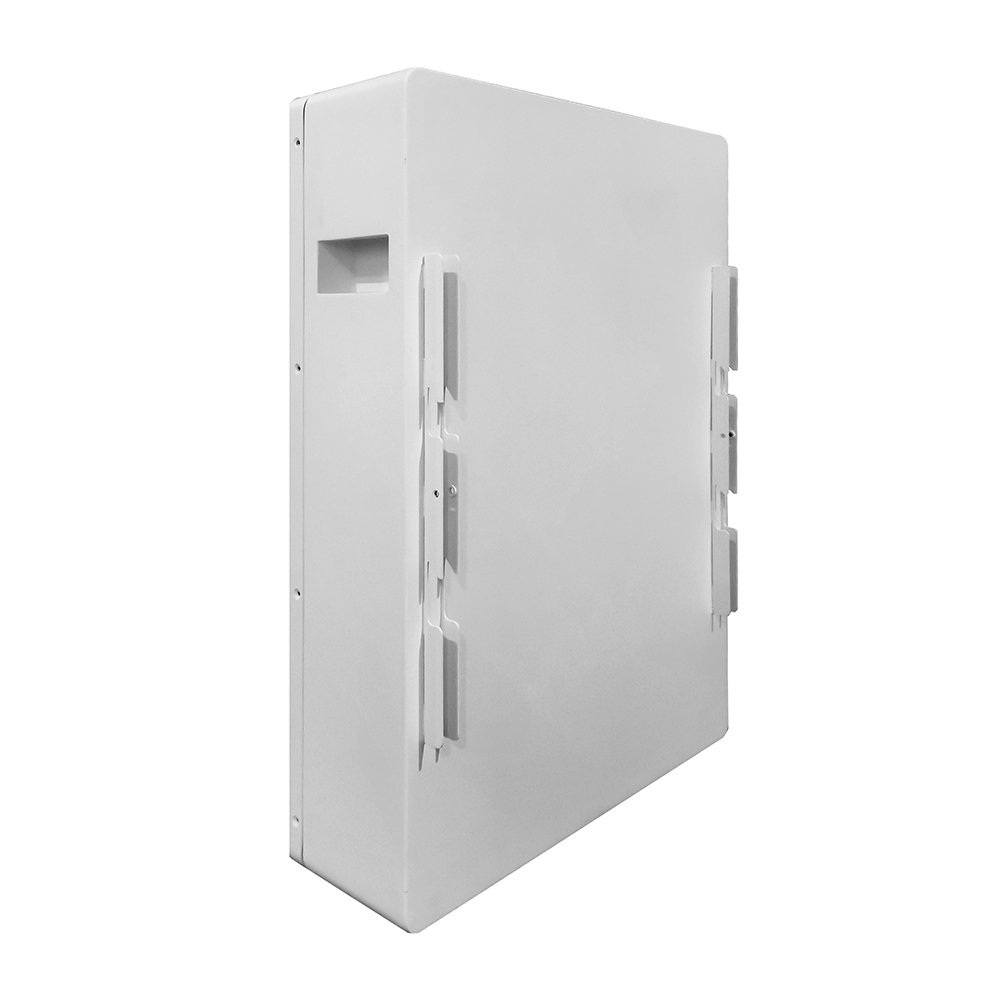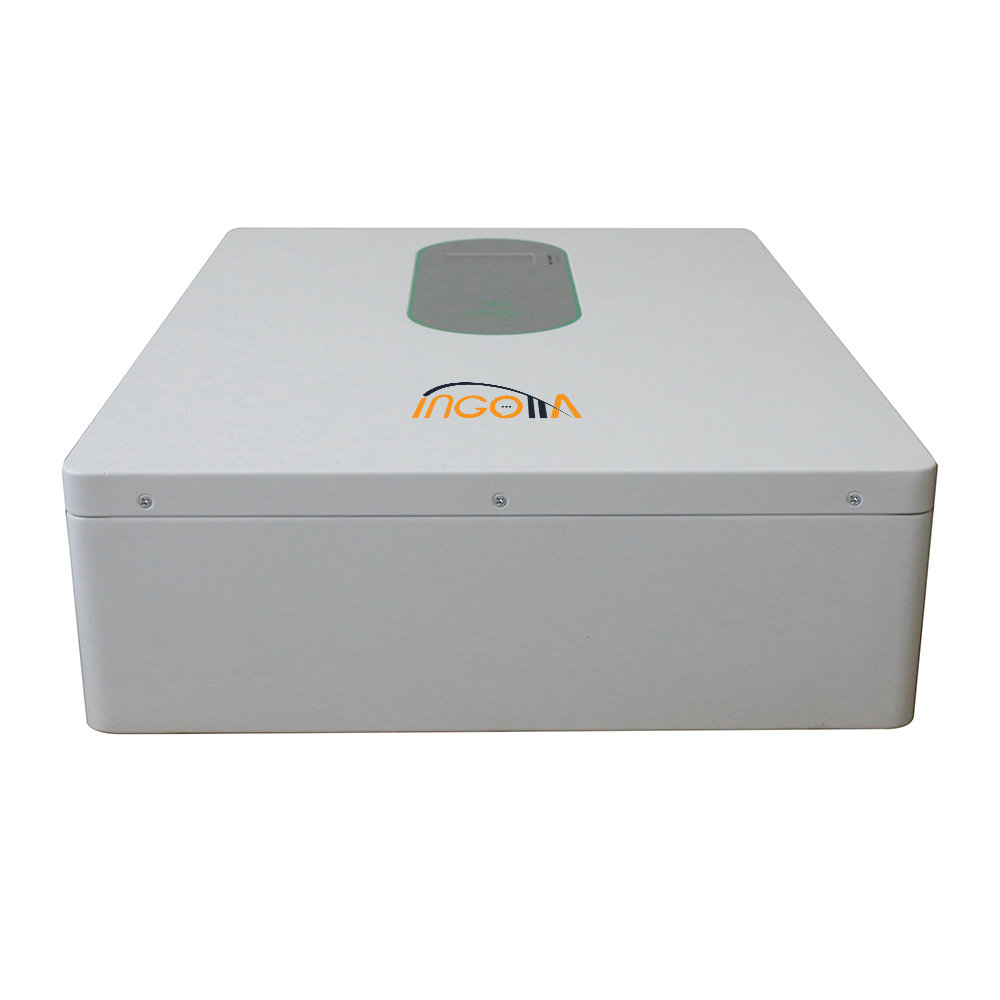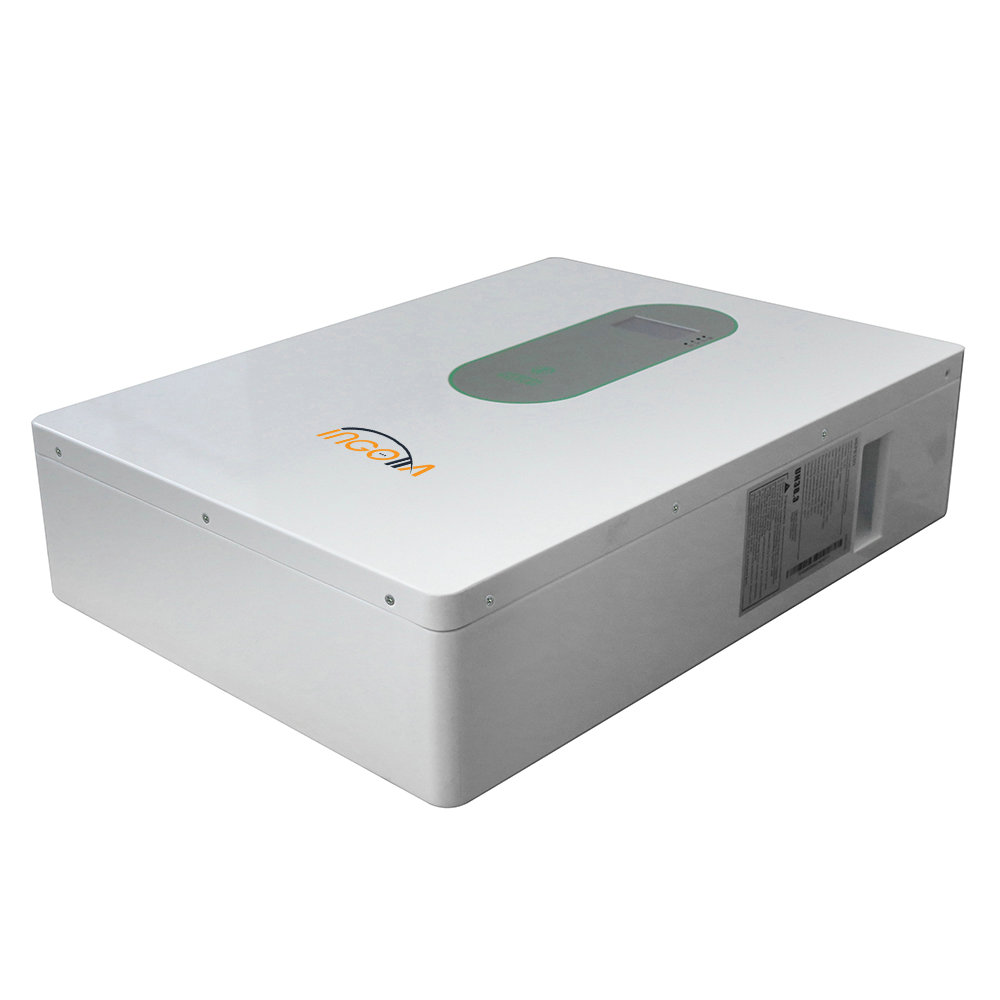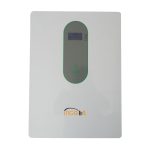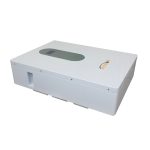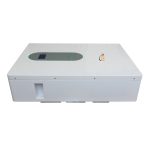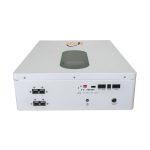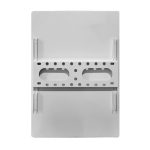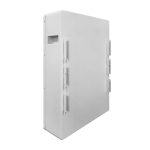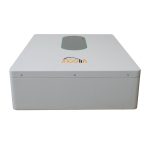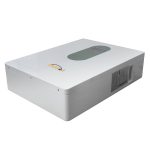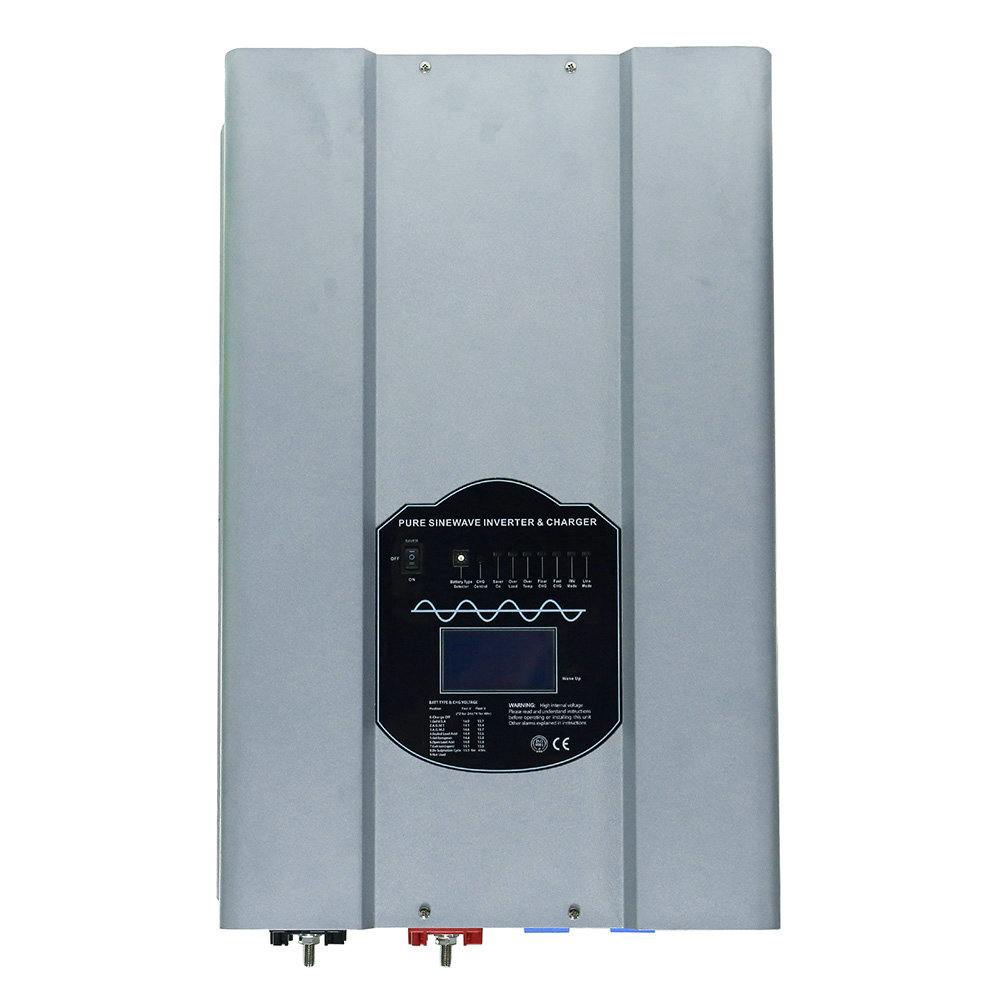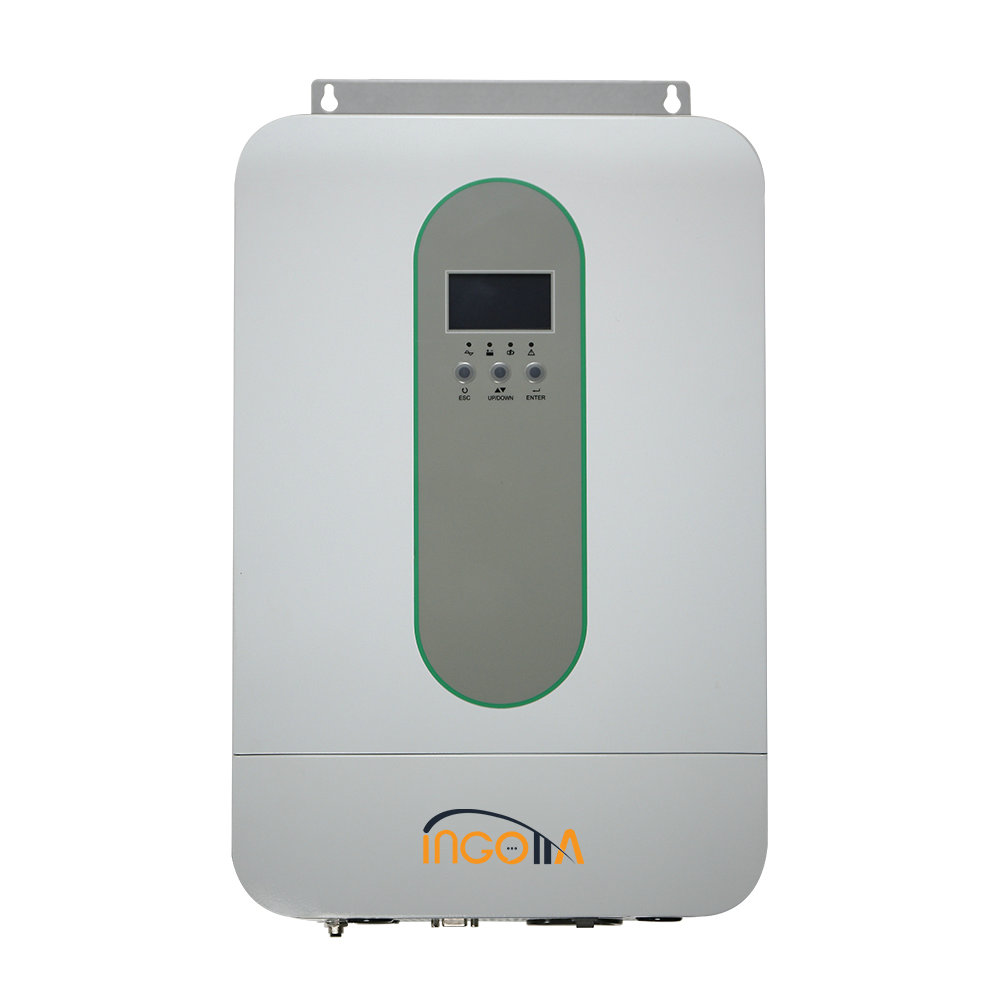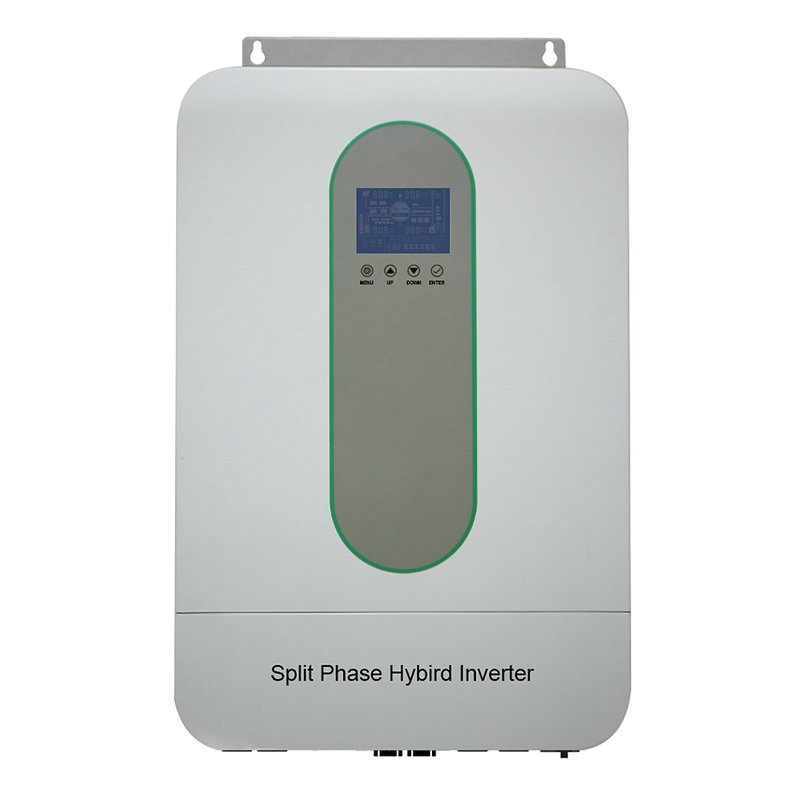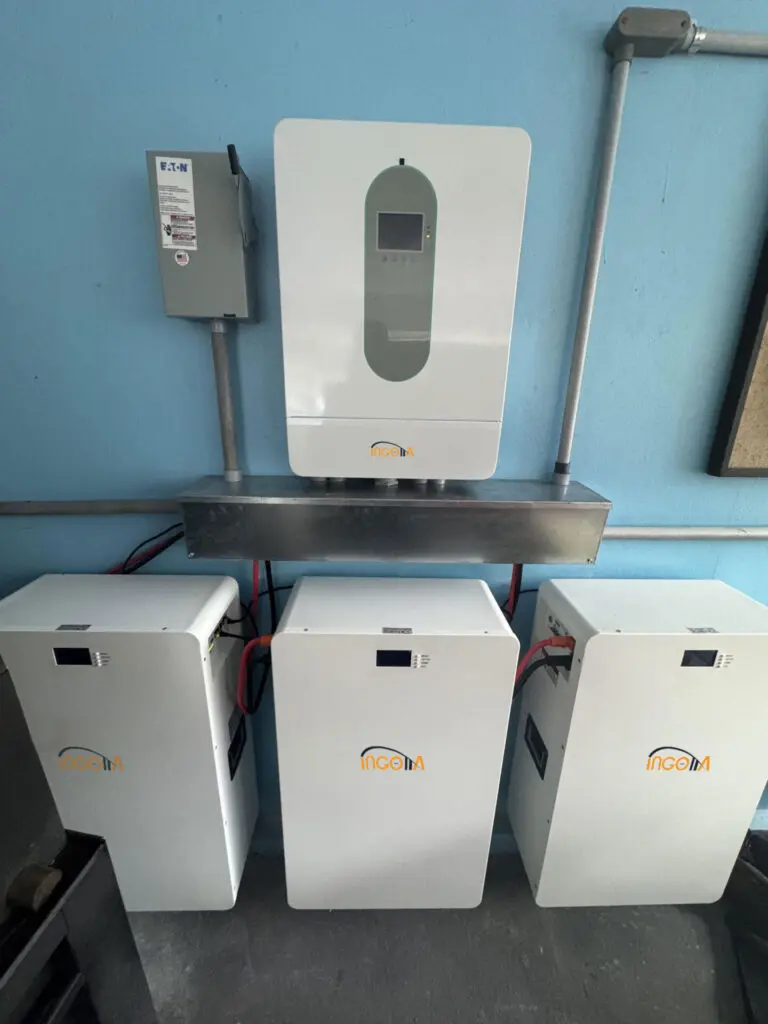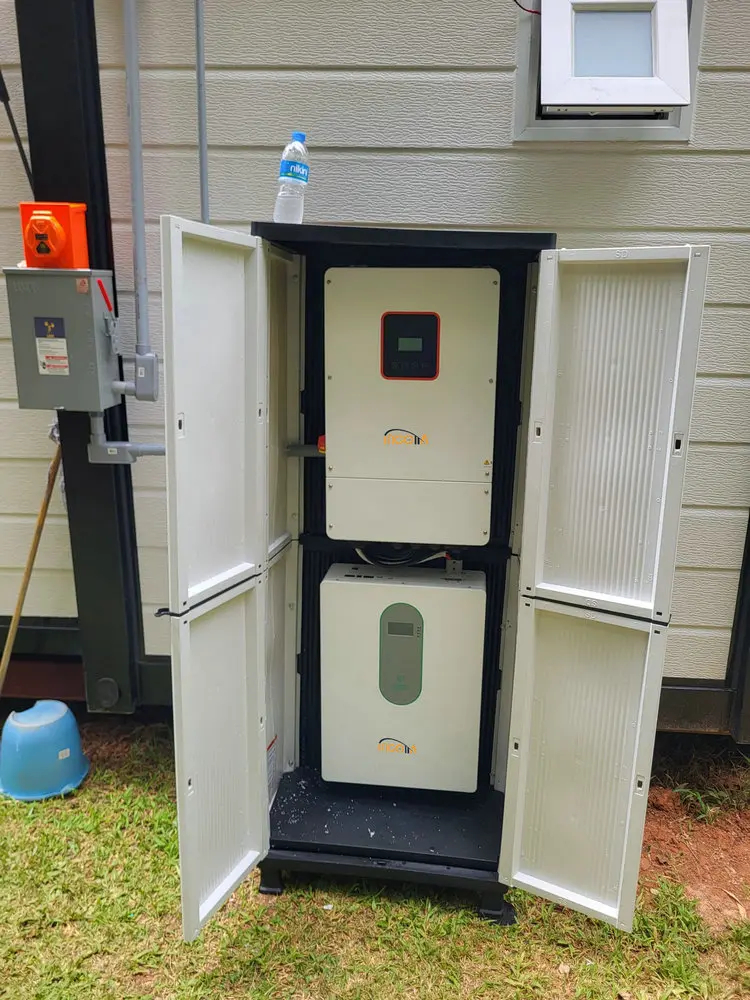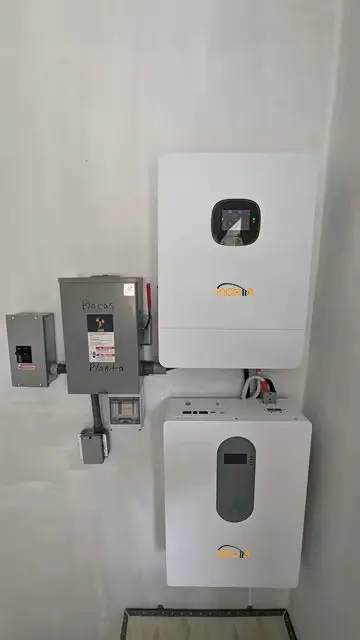48v 80ah 100ah 120ah 200ah LifePO4 battery 5KWh 6KWh
ISPB series
Super-large-capacity lithium iron phosphate battery, with a wall-mounted bracket added to the appearance design, built-in BMS system, and longer cycle life. It can communicate with ISGC-T series high-frequency inverters, support multi-machine parallel connection, and can automatically adjust the battery voltage synchronously through bms, which is widely used in household and commercial energy storage fields.
- A-level battery cells
- More than 6000 times deep cycle,high energy density and environmentally friendly
- Built-in BMS
- Certificate CE,UN38.3,MSDS
- Support RS485/RS232/CAN communication interface
- Widely used in household and commercial energy storage fields
- 5 years warranty
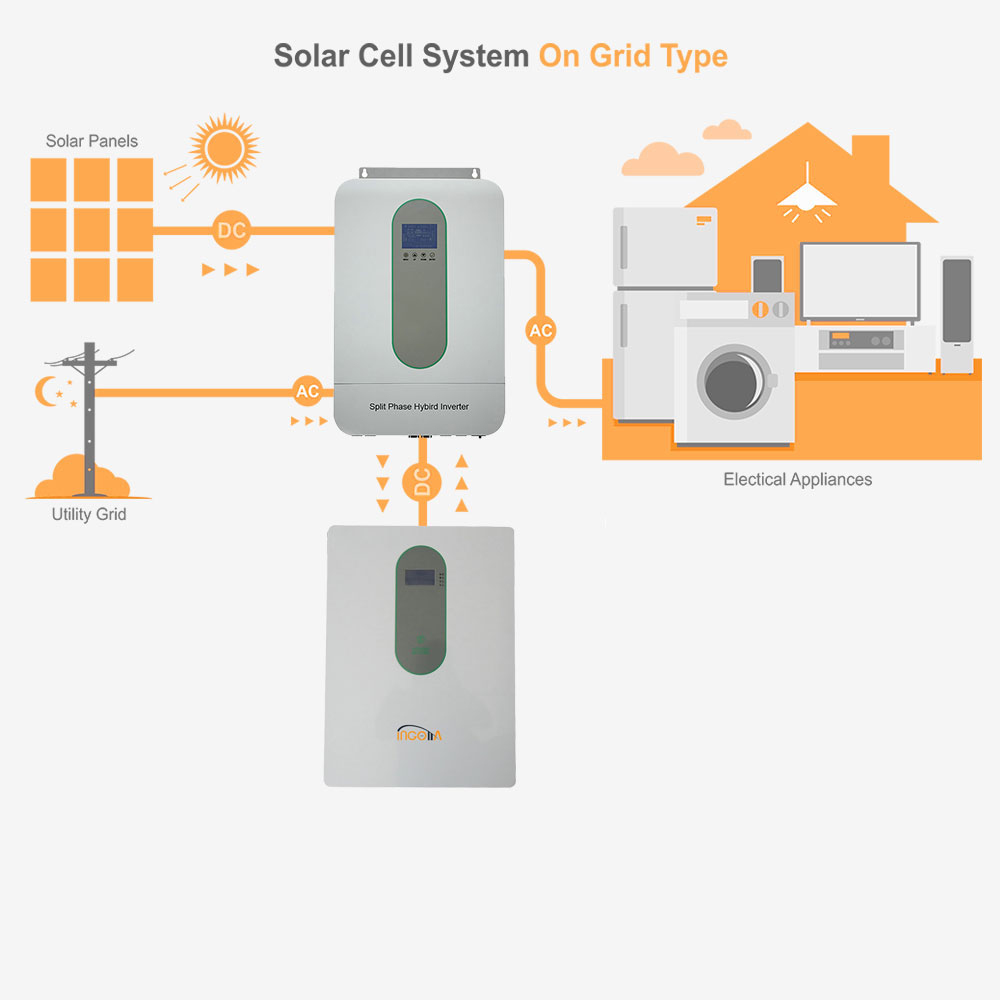
Features

Solid and robust,
high load-bearing

Supports 16 parallel
connection

Multiple communication
protocols
Appearance
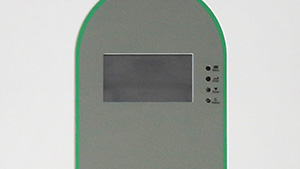
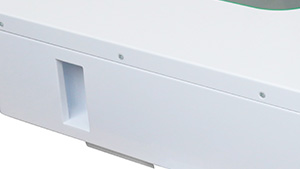
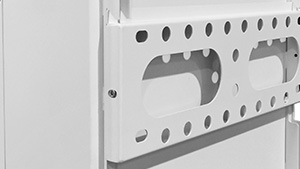
Detail
| Model | ISPB100 | ISPB200 |
| Rated capacity | 100Ah | 200Ah |
| Battery voltage | 51.2V | |
| Battery capacity | 100Ah | 200Ah |
| Discharge cut-off voltage | 40V | |
| Charging cut-off voltage | 58.4V | |
| Battery string method | 16S1P | |
| Shell material | Metal | |
| Standard charging | Charge at a constant current (CC) of 0.2C to 58.5V, then at a constant voltage (CV) of 58.4V until the charging current drops to ≤ 0.02C | |
| Standard discharge | Constant current 0.5C cut-off voltage 40.0V | |
| Maximum charging current | 80A | 160A |
| Maximum continuous discharge current | 80A | 160A |
| peak current | 100Ah | 200Ah |
| Working temperature range | Charging: 0~55 ℃ | Discharge: -20~60 ℃ (battery surface temperature ≤ 80 ℃) | |
| Storage temperature range | Within 1 year: 0~25 ℃ | Within 3 months: -10~35 ℃ | |
| weight | 46.6Kg | 73.6Kg |
| Maximum size | 635mm*150mm*400mm | 800mmx150mmx500mm |
| communication | CAN/RS485/RS232 | |
| Parallel operation | support | |
What can the ISPB series products do for you
Energy storage system
Providing Emergency Backup Power: The peak-shaving and valley-filling mechanism can discharge stored energy during off-peak hours, offering emergency backup power to address unexpected events and safeguard the secure and stable operation of the power grid.
Enhancing the Utilization of Fluctuating Renewable Energies: Energy storage systems can harness renewable energies such as wind and solar to charge batteries during periods of low grid demand. Conversely, during peak demand, the stored chemical energy in the batteries is converted back into electrical energy for discharge. This process significantly improves the utilization rate of intermittent renewable energy sources, ensuring a more efficient integration with the power grid.

